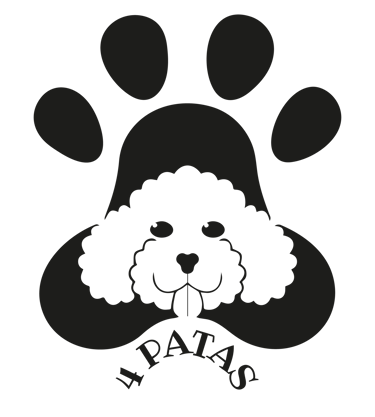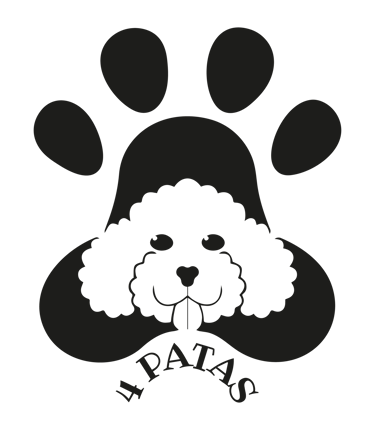Prepare the other dogs or cats in the house upon arrival of a puppy
9/16/20233 min read
Prior preparation
Preparation before the arrival of the puppy is essential to minimize possible shocks and conflicts between pets.
Evaluate the temperament of your other animals
Each animal has its own temperament and personality. It is crucial to consider these individual characteristics when you are thinking about adding a new puppy to the family. Adult dogs that are used to being the only animals at home can react in different ways to the arrival of a puppy. Some may be enthusiastic and welcoming, while others may be zealous or territorial. Cats can also have variable reactions, ranging from curiosity to mistrust. By understanding the temperament of your existing animals, you will be better prepared to anticipate your reaction to the arrival of the puppy and take appropriate measures.
Preparing the living space
The arrangement of the living space is essential to facilitate harmonious coexistence among their animals. Make sure each animal has its own space with its basic resources, including food, water, and a cat bed. Keep in mind that animals should feel safe in their own environment, so make sure no one feels threatened or deprived of resources.
Gradual Introductions
The first encounters between your puppy and other pets should be handled carefully to avoid stressful or dangerous situations.
First controlled encounter
In the first encounter, organize it in a neutral place where no animal feels owner, such as a park or a fenced yard. Keep the puppy on a leash to have full control over the situation. Allow them to smell and be seen from a distance. Avoid close contact until you are sure the animals are comfortable with each other. You can then untie the straps and let them interact with each other.
Monitor interactions
When you take the puppy home, keep an eye on him to avoid possible fights and react quickly if necessary. Pay attention to the body signals of each animal. If any of them show signs of stress, fear, or aggression, move them away slowly and try again later.
Positive Strengthening
Positive reinforcement is a powerful tool for creating positive associations between animals.
Awards and praise
Reward all your animals, old and new, for their good behavior when they are near the puppy. Give them sweets and praise to encourage them to adopt positive attitudes. For example, reward when your existing animals tolerate the presence of the puppy without aggression.
Games and activities
Encourage positive activities that allow animals to interact. Play with them or take them on a group walk. These shared experiences will reinforce the positive bonds between the animals and help them get used to the presence of the puppy.
Respect individual needs
Each animal has individual needs for attention, play time and rest.
Individual time
Give quality time to each animal. The moments of caresses, games and individual attention strengthen their confidence in their love and commitment to them.
Respecting the signs of stress
Watch carefully for signs of stress or discomfort that your animals may show. Signs may include agitation, excessive licking, pubic hair, or even grunting. If any of your animals feel uncomfortable, give them space and make sure they feel safe. Signs of stress are important indicators for knowing when to slow down the adaptation process.
Patience and continuous vigilance
Patience is an essential quality for successful coexistence.
Be patient
Animal bonding can take time. Don’t try to rush things and don’t get discouraged if progress is slow. Each animal has its own rhythm to adapt to the new situation.
Constantly watch
Continuous surveillance is crucial, especially at the beginning. Never leave animals unattended during the adaptation phase, even if you think they get along. Animals can have moments of tension or irritation, and it is essential to intervene quickly to prevent conflicts.
Conclusion
Preparing the other animals in the house for the arrival of a puppy requires planning, patience and understanding. Following these tips, you can promote a harmonious coexistence between your puppy and your existing animals. What is essential is prior preparation, progressive introductions, positive reinforcement, respect for individual needs, patience and continuous vigilance. Ultimately, with love and care, you can create an environment where all your animals feel loved, safe and satisfied. A smooth transition will allow your four-legged family to bloom together.
Criadero 4 patas - © 2023 All Rights Reserved


edouardleclercq@gmail.com
619 900 571
